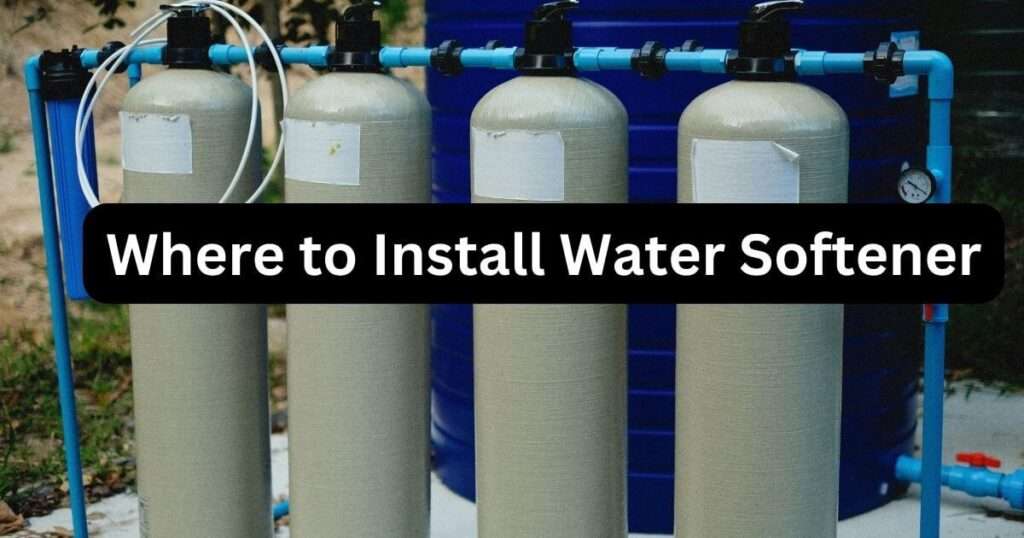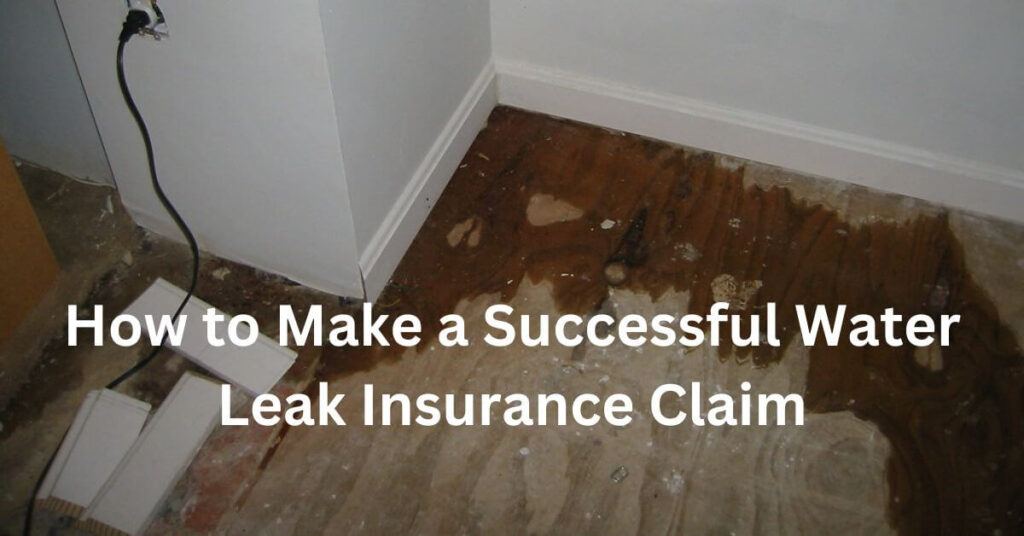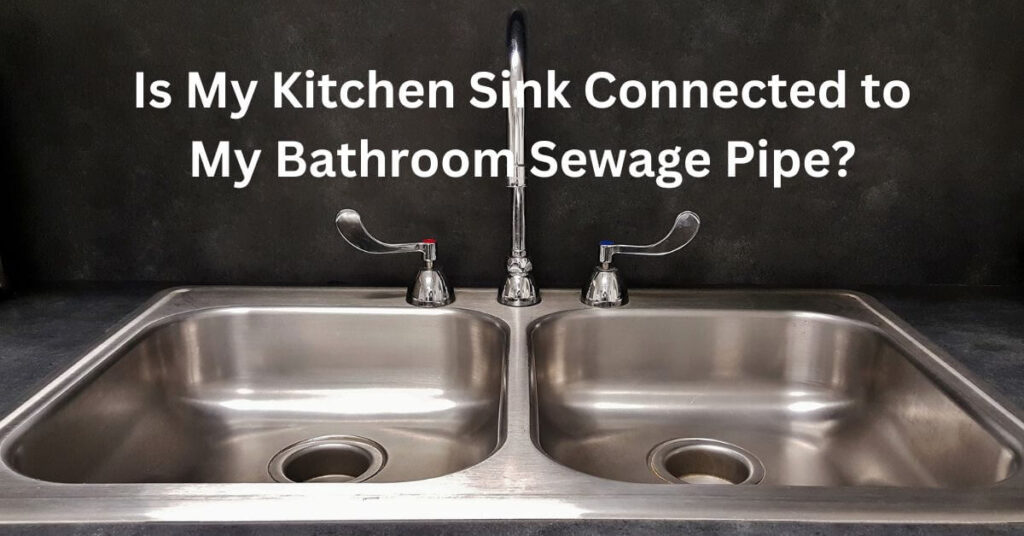If you live in an area with hard water, you know the struggles of mineral buildup, soap scum, water spots, and pipe damage. Investing in a water softener is a smart way to reduce those hard water woes and protect your plumbing.
But where is the best place to install water softener?
The basement
Garage
Outdoor
Laundry room
These are all popular choices if you are looking on where is the best place to put water softener. Let’s look at some of the pros and cons of each location.
Where is the Best Place to Put Water Softener?
Basement
Many homeowners choose to install their water softener in the basement if they have one. The basement provides an out-of-sight, out-of-mind location that is generally cooler, drier, and protected from temperature extremes compared to an outdoor location.
It’s also centrally located near the main water lines. Just be sure to choose an area with good drainage in case of water leaks. Also, confirm that the floor can support the weight of the fully loaded salt tank. If your basement is unfinished or prone to flooding, it may not be the best location for your unit.
Garage
If you don’t have a basement, your garage can be a suitable alternative for installation. Similar to basements, garages often have ample space and are well-ventilated, making maintenance easier.
However, if your garage is not insulated or climate-controlled, extreme temperatures can affect the performance and efficiency of your water softener. You should also be cautious of potential floor drains or other plumbing nearby that could be impacted if a leak does occur.
To prevent any water or salt damage caused by spills, it’s smart to mount the unit on a protective floor tray or pads. This extra precaution can go a long way in safeguarding your unit and maintaining its longevity.
Outdoor Utility Closet/Shed
If you don’t have good indoor options, an insulated outdoor utility closet or small storage shed provides shelter while keeping the unit convenient to plumbing lines. “Can I install water softener outside the house?” is a common question among homeowners. The answer is yes, as long as the unit properly protects from temperature extremes and environmental elements.
When selecting a suitable location for the unit, ensure it is on a level surface that is not prone to flooding. Additionally, proximity to a power source is important for the smooth operation of the unit.
You may need to winterize piping running to and from the unit if temperatures regularly drop below freezing where you live. By taking this proactive step, you can ensure the longevity and efficiency of your system even in harsh winter conditions.
Laundry Room
Installing the softener next to your water heater in the laundry room is appealing due to its proximity to major water lines. However, you’ll need to ensure enough space around appliances for maintenance access.
Hot, humid conditions are also not ideal for sensitive electronics. Mounting the unit high on the wall helps alleviate safety and access concerns.
Garage or Basement Wall

Mounting the unit vertically on an interior wall in the garage or basement frees up floor space but can make it harder to perform repairs or change the salt. Always mount according to manufacturer instructions and reinforce walls properly to support the weight when full safely.
Make sure to leave adequate clearance for door swings to avoid any obstructions. Additionally, consider using angled fittings for incoming water lines if necessary to optimize the layout and functionality of the space.
Factors to Consider When Choosing Where to Install Water Softener
Water softeners come in various sizes and styles, and where you can install yours depends on several factors.
Water Hardness Levels
The hardness of your water, measured in grains per gallon (GPG), should be the first consideration. The harder your water, the more powerful your water softener will need to be. High GPG levels may require a larger system, which could influence where you can physically fit the water softener.
Consider Your Plumbing Layout
Take time to map out where your main water lines are located and how branch lines split off throughout the home. The softener needs to be installed before any takeoffs to soft-piped areas like bathrooms.
Bypass valves are also essential to allow untreated water flow if servicing is needed. Your map will help determine pipe sizes and the easiest installation location.
Space Requirements
Check available space near your main water line for the softener equipment and salt storage tank. You’ll also want to ensure enough space to access the softener for maintenance and repairs.
Units need floor space of 2-3 square feet and at least 18″ vertical clearance. Outdoor installations require protective winterization, too. Attics and basements may not have optimal environmental conditions.
Power Source
Nearly all modern softeners require electricity to power electronic control valves during regeneration cycles. Check that an outdoor-rated electrical box and GFCI outlet can be installed near the unit. A permanent power source is safest over extension cords for electronics.
Budget Considerations
Cost is a significant factor. Larger models or those with additional features may be pricier. Consider the long-term savings on cleaning products and repair bills that softened water could provide, but balance that with your initial investment.
So, Where Do I Set My Water Softener?
At the end of the day, the best location for your water softener is one that suits your particular needs and home layout. Whether you choose to install it in your basement, utility room, or even outside, the ultimate goal is to have it running efficiently and effectively, providing you with high-quality water for years to come.
Always consult a professional if you’re unsure about the best way to proceed. Remember, water softener installation involves interfacing with your home’s plumbing system, which can be complex and involve local building codes. A professional plumber can ensure the job is done right the first time, giving you peace of mind and the best water possible.



